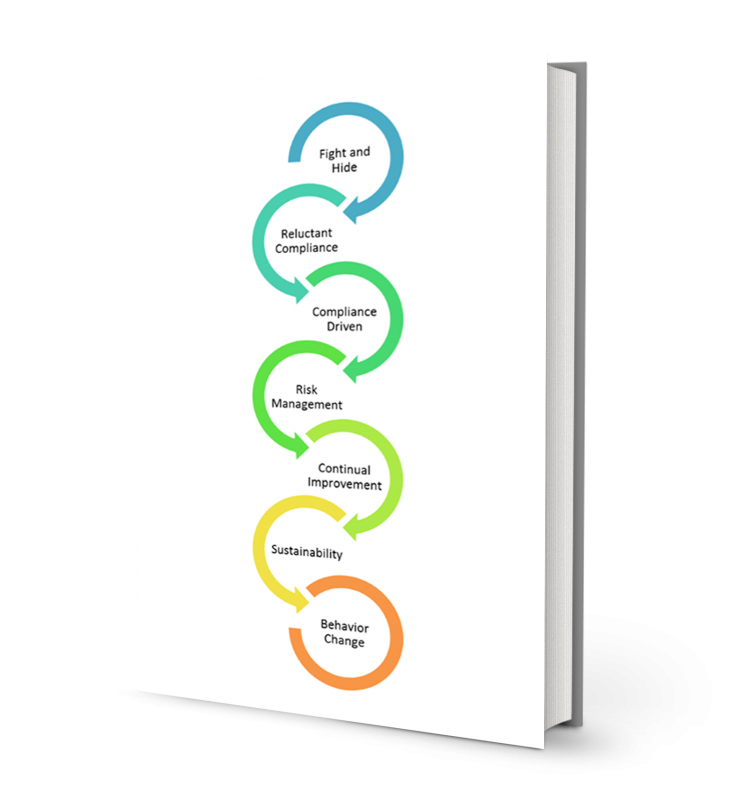ENHANCING GIRL CHILD EDUCATION FOR SECURITY MEASURES AND NATIONAL DEVELOPMENT IN THE COVID-19 ERA
Okoli,, Ijeoma A
Department of Early Childhood and Primary Education, Faculty of Education, Nnamdi Azikiwe University, Awka, Anambra State, Nigeria.
Bosah, I.P
Department of Early Childhood and Primary Education, Faculty of Education, Nnamdi Azikiwe University, Awka, Anambra State, Nigeria.
Okeke, Purity C
Department of Early Childhood and Primary Education, Faculty of Education, Nnamdi Azikiwe University, Awka, Anambra State, Nigeria.
particularly vulnerable and girl child education is needed for her protection. In this paper, the concept of girl-child education, security challenge, COVID-19 pandemic and National developments were clarified. The paper also identified the types of security challenges experienced during the pandemic in Nigeria which include rape, unhealthy cultural practices, sexual abuse and harassment, physical threats, kidnap and killings. The consequences of insecurity were examined. The researchers posited that a lot of the cases of insecurity are derived from ignorance and so agreed that girl child education both formal and non-formal types would solve the problem in the long run. The paper also identified strategies for enhancing girl-child education to promote national development as ensuring the rights of the girl child, sustaining gender equity, empowering girls/women with various life skills, proper security and health education, taking serious legal action against girl- child abuse related cases among others. The paper recommended that primary school girl be given hygiene education, training on elements of self defense, safety precautions and incorporate coded language training. Alsocurriculum designers are called upon to include these content areas into existing school subjects among others.
Abbagana, K.K.(2013) Female Child Education:A Critical Issue for National Development in Nigeria. Journal Of Education and Leadership Development, 5,(2)121-130 Abubakar, I. &KwashabawaB.B. (2021). Securing Girl Child Secondary Education for Sustainable National Security: Focus on North-Western Nigeria. British Journal of Education, 9 (5) 34-30. Adamu, I.A.(2013). Strategies for Acceleration Of The Gisl Child Education In Northern Nigeria. A Paper Presented At a Seminar on Acceleration of The Girl Child Education In A Democratic Dispensation, Kano,Nigeria. Adesina, O.S. (2017). The Girl-Child And Social Protection In Nigeria. Ibadan Journal of Social Science 15 (1) 24-39. Anan, K. (2013)The Causes of Conflicts and Promotion of Democratic Peace and Sustainable Development In Africa. Report Of The UN Secretary General to the General Council. New York. Ede, O.S. & Edozie, G.C. (2021). Security Education : Social Studies Response To A Socio Political Challenge in Nigeria. Nigerian Journal of Social Studies, Xviii (1). Retrieved from https://www.njss.org.ng on 18th August, 2021. Ejukoaemu, J.A.M. &Mumtra, S.A. (2021) Human Security and Girl Child Education In Nigeria. Africa Journal of Educational Archives vol. 7 (1) Federal Government Of Nigeria, (2014) National Policy on Education, NERDC Press, Lagos.
National Education Research and Development Council, (NERDC) (2013). The Nine Year Basic Education in Nigeria at a Glance. Nlebem,A.(2020). Federal Government Orders Closure Of All School In Nigeria As Corona Virus Spreads. Business Day. Retrievedonfromhttps://businessday.ng/coronavirus/article/fg-orders-closure-all- schools-in-nigeria-has-coronavirus -spreads on 20th August,2021. Nwokolo,C.& Nwokolo .S. (2016) Girl Child Education A Panacea For National Development And Sustainability. International Journal of Technology and Inclusive Education vol. 3 (1). Okebukola,P.A.O.(2014). Enhancing the Contribution of Women and the Girl Child to National Development. Abeokuta Journal Of African Culture and International Understanding.3(1)22-37 Ossai, R.C. (2021). Education in Emergency in Nigeria: Creating Gender Equitable Policies So All Girls Have an Interrupted Right To Learn. Retrieved 10/9/2021 from retrieved from https://www.brookings.edu. on 19, August, 2021. PLAN international,(2021). Halting Lives, Impact Of COVID-19 on Girls and Young Women. Retrieved on 28 August 2021 from Plan International.org. United Nations Education, Scientific, Cultural Organization(UNESCO)( 2020). COVID- 19 Educational Disruption and Response. Retrieved June1,2021 from https://en.unesco.org/covid19/educationresponse. United Nations Policy Brief (2020) Education During Covid-19 And Beyond. Retrieved from htpps://www.unicef.org/Nigeria/education. Uwadia,I.(2010) Insecurity Mantra: The Paradox of Nigerian Growth and Development. European Scientific Journal, 8(15) 132-142
National Education Research and Development Council, (NERDC) (2013). The Nine Year Basic Education in Nigeria at a Glance. Nlebem,A.(2020). Federal Government Orders Closure Of All School In Nigeria As Corona Virus Spreads. Business Day. Retrievedonfromhttps://businessday.ng/coronavirus/article/fg-orders-closure-all- schools-in-nigeria-has-coronavirus -spreads on 20th August,2021. Nwokolo,C.& Nwokolo .S. (2016) Girl Child Education A Panacea For National Development And Sustainability. International Journal of Technology and Inclusive Education vol. 3 (1). Okebukola,P.A.O.(2014). Enhancing the Contribution of Women and the Girl Child to National Development. Abeokuta Journal Of African Culture and International Understanding.3(1)22-37 Ossai, R.C. (2021). Education in Emergency in Nigeria: Creating Gender Equitable Policies So All Girls Have an Interrupted Right To Learn. Retrieved 10/9/2021 from retrieved from https://www.brookings.edu. on 19, August, 2021. PLAN international,(2021). Halting Lives, Impact Of COVID-19 on Girls and Young Women. Retrieved on 28 August 2021 from Plan International.org. United Nations Education, Scientific, Cultural Organization(UNESCO)( 2020). COVID- 19 Educational Disruption and Response. Retrieved June1,2021 from https://en.unesco.org/covid19/educationresponse. United Nations Policy Brief (2020) Education During Covid-19 And Beyond. Retrieved from htpps://www.unicef.org/Nigeria/education. Uwadia,I.(2010) Insecurity Mantra: The Paradox of Nigerian Growth and Development. European Scientific Journal, 8(15) 132-142

